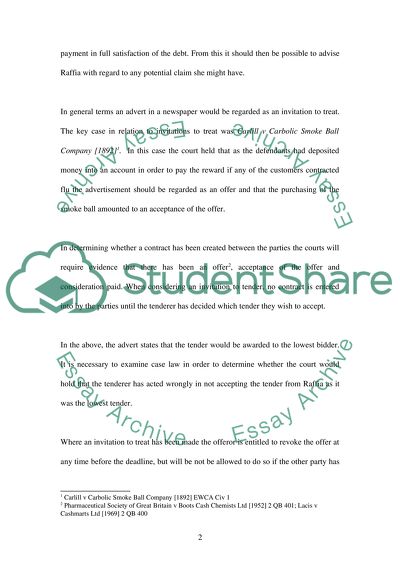Cite this document
(“Contract Law Essay Example | Topics and Well Written Essays - 1500 words - 7”, n.d.)
Contract Law Essay Example | Topics and Well Written Essays - 1500 words - 7. Retrieved from https://studentshare.org/law/1560681-contract-law-raffia-khan-case
Contract Law Essay Example | Topics and Well Written Essays - 1500 words - 7. Retrieved from https://studentshare.org/law/1560681-contract-law-raffia-khan-case
(Contract Law Essay Example | Topics and Well Written Essays - 1500 Words - 7)
Contract Law Essay Example | Topics and Well Written Essays - 1500 Words - 7. https://studentshare.org/law/1560681-contract-law-raffia-khan-case.
Contract Law Essay Example | Topics and Well Written Essays - 1500 Words - 7. https://studentshare.org/law/1560681-contract-law-raffia-khan-case.
“Contract Law Essay Example | Topics and Well Written Essays - 1500 Words - 7”, n.d. https://studentshare.org/law/1560681-contract-law-raffia-khan-case.


